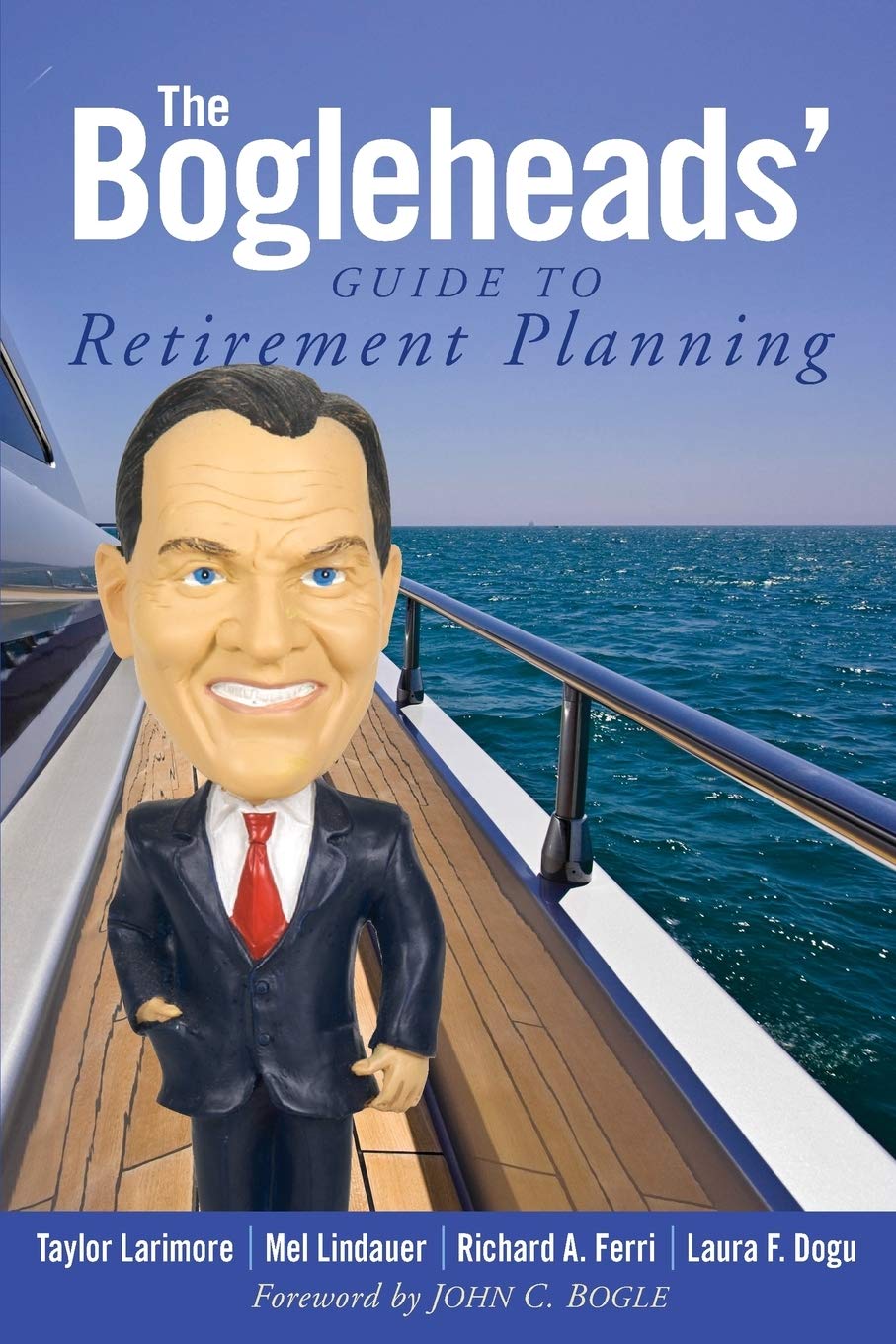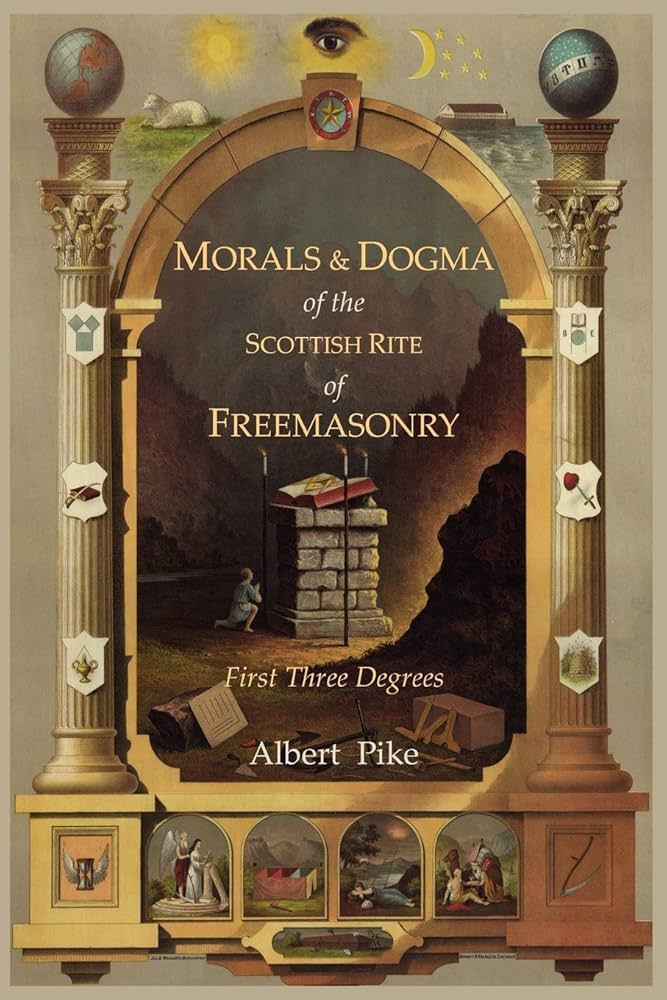
John C. Bogle was the founder of the Vanguard Group and regarded by Warren Buffet as, “the person who has done the most for American investors.” His principals of investing garnered a large following by those who refer to themselves as “Bogleheads”. This book is a very practical and well-written overview of everything someone needs to know about retirement planning.
As far as US citizens are concerned, the companies they work for and their government are not going to provide enough to retire with any level of comfort or security for a vast majority of retirees. Long gone are the days of reliable pensions. If you want to have some level of comfort and security in retirement, you must make your own plans, and you must follow them. The earlier you recognize this, the more likely you are to age out gracefully. Most investments will rely on compounding interest. Time is your friend in this respect. Modest investments, started early, will often amount to more than large investments started many years later. What you save matters much more than what you make. Live below your means.
There are many conventional ways to invest – 401k’s, IRA’s, individual investment accounts with foreign and domestic stock, bonds, Roth IRA’s, REITs, precious metals, and CDs. The list is quite long. Each has its own tax laws associated with it. This book does a great job of explaining the tax implications of each. This can be quite important. For example, $100,000 in a Roth IRA can be worth considerably more than $100,000 in a 401k simply because the way they are taxed, or in the case of the Roth, not taxed.
One of the pieces of information I was not aware of, that this book shared, is that like a 401k, there is a penalty for early withdrawal from a Roth account. The penalty on the Roth money is only assessed on the gains, whereas on a 401k there is an automatic 10% penalty on the entire amount in addition to the taxable income the withdrawal incurs. If you are a younger investor putting money in a fund that you can’t touch until you’re 59 ½, a Roth may seem like a bad idea because those funds are going to be tied up for a long time. You might be thinking that you may need some emergency funds at some point before your 50’s and you do not want to incur penalties on money you have already paid tax on. The knowledge that the penalty for an early withdrawal in a Roth is not as severe as a 401k may get some to invest earlier. Try not to touch this money, but it is there if you absolutely need it, and without the severe penalties you might expect. The reward is the only tax-free income in retirement that I am aware of.
When I purchased the book, I was operating under the assumption that it was just a book about investing. Roughly half the book is dedicated to this. The remainder discusses probate, annuities, life insurance, health insurance, Medicare, trusts, taxation, finding competent/trustworthy advisors, and social security. Just about everything covered in this book is going to be affected by legislative or economic changes, but it still gives a very useful overview of each topic and guides you to where you can obtain the most up-to-date information. The book also mentions that there is a Bogleheads’ book dedicated entirely to investing. Given how helpful this book was, I will likely seek out the investing book at some point in the very near future.


